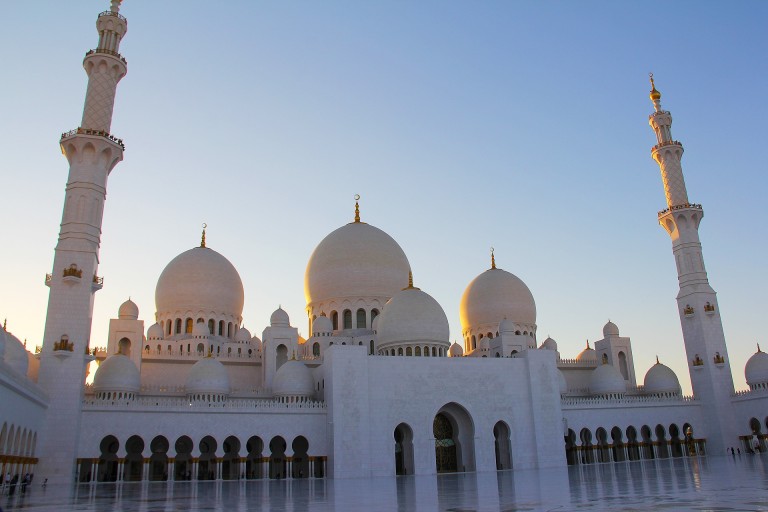No matter where you live, Ramadan can be full of surprises. It can be as good as you expect it, or better. Last year in Ramadan, my family had unexpected guests. A few non-Muslim friends from a non-profit organization where my husband and I were part of, invited themselves over for iftar (breaking of fast). They were a curious lot, throwing question after question especially about fasting. In the end, my husband and I spent a few hours explaining matters, not just about Ramadan, but other things related to Islam.
It was not the first time that my family had non-Muslims as guests for Ramadan. When we were living in the Middle-East, the children were in an international school where they were a Muslim minority. In Ramadan, we invited the children’s teachers, all non-Muslims, over for dinner. Not one person declined the invite. We had a lovely time. Like our non-Muslim friends, they were curious not just about Ramadan, but other things as well.
The year before, I had a lady neighbor who told me that she was raised in a Muslim family but she ended up marrying a non-Muslim. That Ramadan, she made the decision to fast for the entire month, even though none of her children was Muslim. Throughout Ramadan, she prepared meals for her husband and children just like she did any other day. I wonder, why was it that she made no attempt to raise her children as Muslims? Might it be because she did not think it was something her children needed?
Whether you live in a Muslim or non-Muslim country, Ramadan has its challenging moments. Where I live in Kuala Lumpur, Ramadan stands out for both the right and wrong reasons. On the one hand, you have men, women and children waking up for suhoor (pre-dawn meal) to prepare for the fasting all day long. Iftar is always special, a time for family togetherness, followed by prayers. At the same time, Ramadan is so commercialized here to the extent that it is now associated with bingeing on food. Billboards splash images of mouthwatering menus as though Ramadan is nothing but a time of eating all night long. Months prior to Ramadan, a number of hotels and major restaurants would start promoting buffet dinners targeted to both companies and families. Charges are astronomical; honestly, how much can one person eat?
According to the founder of an organization which provides free meals to the underprivileged here, Ramadan is the time when food is wasted the most. This organization has agreements with several partner hotels and restaurants to hand over the extra food they prepared to orphanages and other shelter homes. I was told that in other hotels and restaurants that do not have such arrangements, the extra food prepared is just thrown away. What a waste.
I once listened to a talk given by a man who was a non-Muslim. “I went to a remote village in Borneo, aiming to convert the villagers to my religion,” said the man. “Then Ramadan came. I knew the whole village didn’t eat from dawn to dusk. There was this poor man, a neighbor, who would send me some food just before it was time to break his fast. I was puzzled. Why would he do that when he himself has not eaten for the whole day? So I asked him. To my surprise, he said, “This is what Islam taught me. To feed others first before I feed myself.’” It was a defining moment for the man, who then became a Muslim. Actions speak louder than words. But you know what, you do not have to wait for Ramadan to feed someone or to be kind to anyone.
Featured image by sharonang







